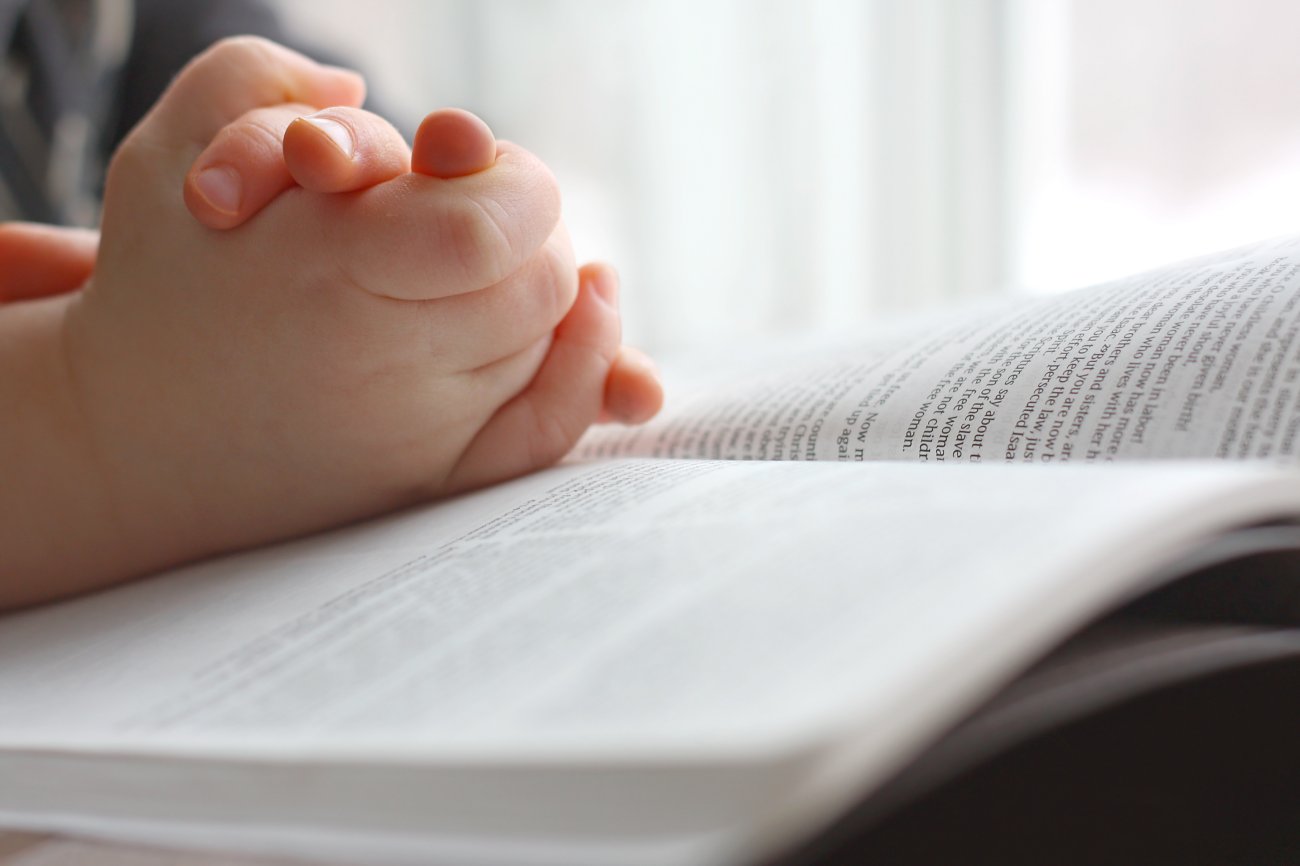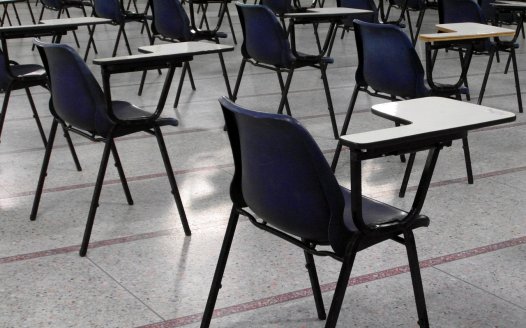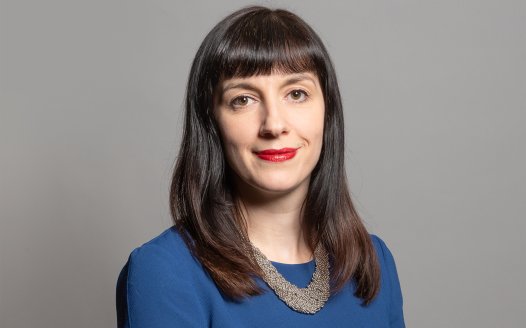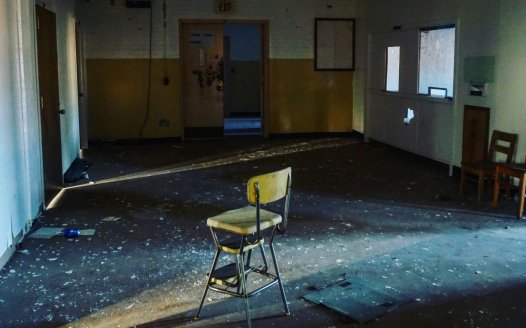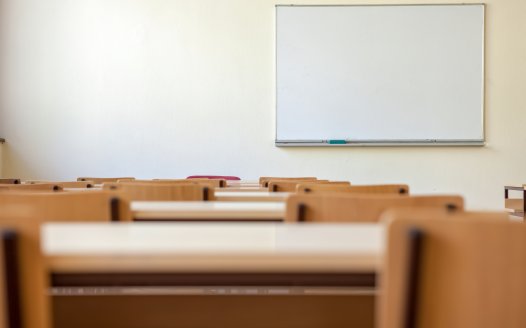NSS cautions DfE over “minimising” problem of unregistered schools
Posted: Wed, 24th Jan 2024
NSS says guidance should make clear that unregistered schools are "never suitable" and "never safe".
The National Secular Society has cautioned the government over "minimising the scale of the problem of unregistered schools".
Responding to a Department for Education consultation on proposed new guidance on elective home education (EHE) for parents and local authorities, the NSS said it was "vital" the facts regarding unregistered schools are "properly conveyed to local authorities".
The NSS criticised the guidance's "overly relaxed" tone in relation to unregistered schools, which it said "does not properly represent the serious risks they pose to children's education, health, and wellbeing", by making the existence of such schools "seem entirely normal, and of limited cause for concern".
All schools are required by law to register with the Department for Education. But some independent faith schools break the law by failing to register in order to evade regulations and inspections. This means they can teach a very narrow, religion-based curriculum without oversight.
As well as severely limiting children's education and future options, they also present a major safeguarding risk to children. Children at unregistered schools have been taught in unsafe conditions, subjected to physical punishment, and exposed to extremist, regressive and discriminatory dogma.
The number of children in unregistered schools is unknown, with Ofsted's former chief inspector Amanda Spielman estimating the figure to be in the "tens of thousands".
The NSS said the guidance's recommendation that local authorities maintain voluntary registers of children not in school is "inadequate" to protect children. It strongly advised the DfE to introduce a mandatory register "as a matter of urgency".
The government's previous efforts to create a register of children not in school failed after it abandoned its flagship Schools Bill.
The NSS warned that the guidance for local authorities was "much weaker" than that for parents, which made clear that unregistered schools are illegal.
In contrast, the guidance for local authorities says parents sending a child to an unregistered independent school "may" be failing to ensure their child is receiving a suitable education, and the local authority "may also need to consider whether any safeguarding issues arise from the child's attendance at the setting, if it is not safe".
The NSS said this guidance is "far too permissive" of illegal unregistered schools, as it suggests that in some cases sending a child to these settings could be considered "suitable".
It said: "It should be made clear that illegal unregistered independent schools are never suitable and never safe, and that parents who send their child to such a setting, even with the best intentions or in ignorance of their illegal nature, are automatically failing to provide the child a suitable education".
Local authorities have a duty to ensure that children who are being home educated receive a "suitable" education.
Although what is suitable is not formally defined, the guidance states that teaching which conflicts with "Fundamental British Values", does not equip a child for "life in wider society", or does not allow children to "participate fully in life in the UK", would be judged unsuitable.
The NSS said the guidance fails to properly represent how unregistered educational settings and some forms of EHE are "purposefully used by religious communities or parents to deny children access to, and opportunities in, wider British society".
Whilst the NSS welcomed the stipulation that a "sufficient secular education" is required for an education to be suitable, it advised that the guidance should be clearer on what constitutes acceptable education.
NSS: 'Draft guidance leaves home educated children at risk from unregistered schools'
Jack Rivington, campaigns officer at the NSS said:
"It is concerning that this draft guidance on elective home education fails to sufficiently warn about the significant safeguarding and educational risks of unregistered schooling.
"The government needs to be far more proactive in addressing the scandal of unregistered schools. Robust advice must be provided at every opportunity to protect children from harm.
"In assessing EHE provision, local authorities should not privilege or make special allowances for religious sensitivities. Guidance to local authorities regarding home education should make clear the best interests of children must always be prioritised ahead of the religious views of parents or faith communities."
End unregistered schools
All children in all communities have the right to a decent education in safe settings. Join our campaign to end unregistered schools.

